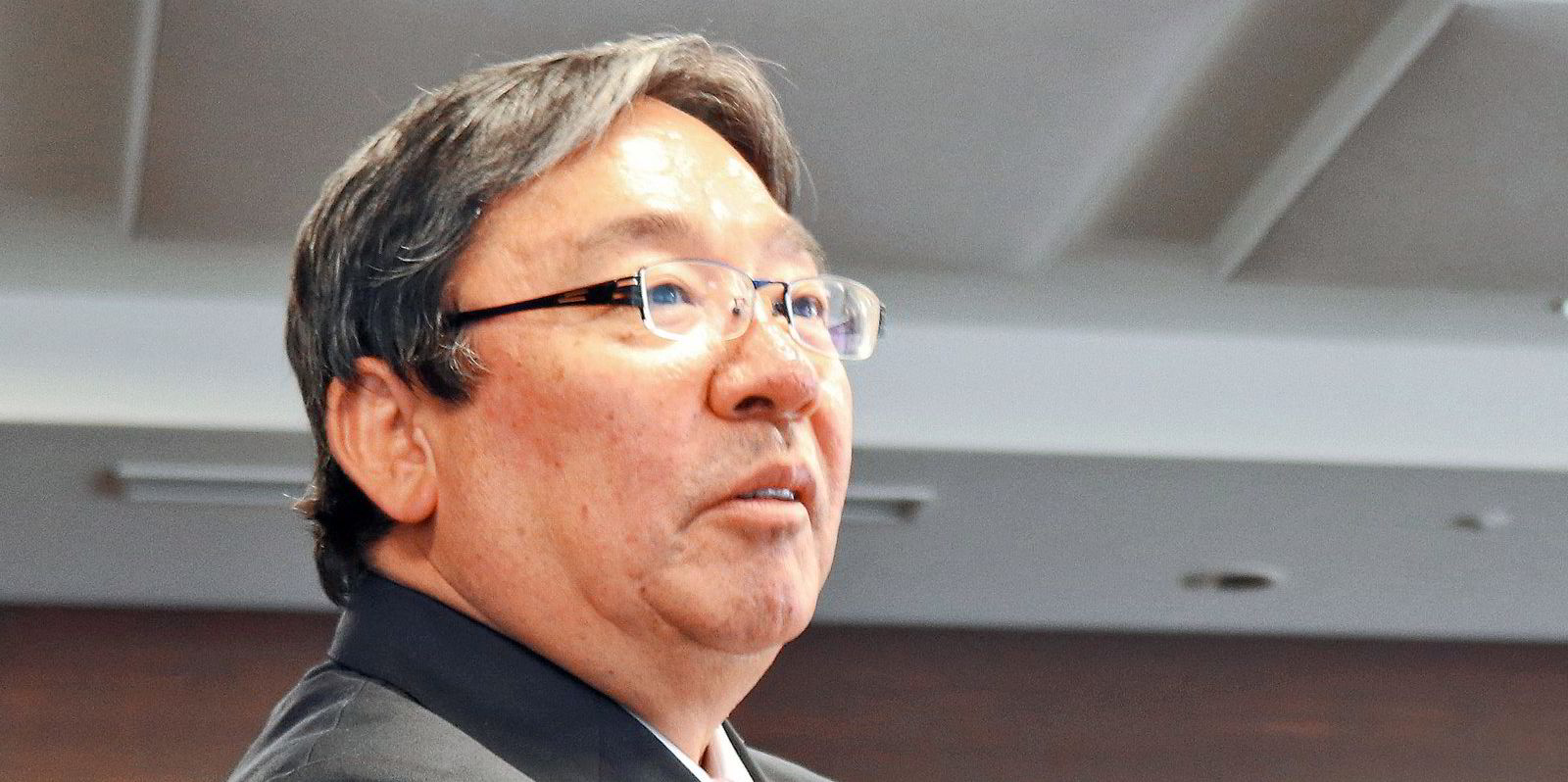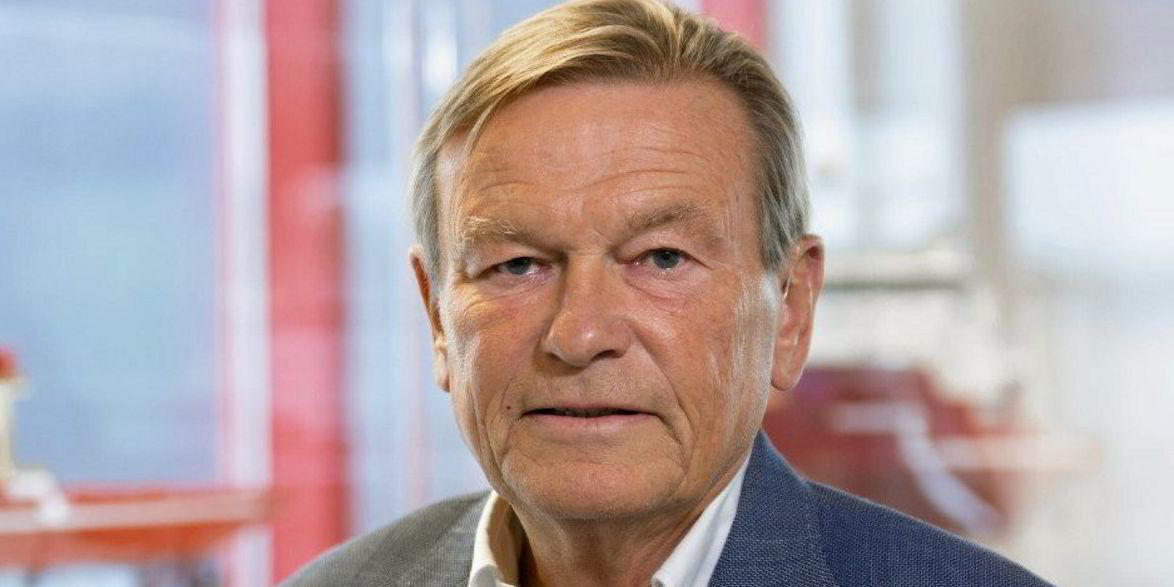Japanese shipowner NYK Line is linking up with UK oil major BP to work on future fuels and decarbonisation solutions.
The memorandum of understanding covers collaboration on the transition from current marine fuels to alternatives such as LNG, biofuels and methanol, as well as developing ammonia and hydrogen.
"Getting this journey right will be critical to enabling the shipping industry to meet its long-term decarbonisation ambitions," the companies said.
For other hard-to-abate industrial sectors, the two groups will also consider potential marine transport and other solutions for CO2 output, and explore participation in the supply chains for ammonia and hydrogen to be used in heavy industry and power generation.
The two sides said shipping must cut out its carbon emissions in order for the world to decarbonise.
BP is already focusing on working with corporations in key industrial sectors that have significant carbon emissions to manage.
The group's own ambition is to be a net-zero company by 2050 or before.
250 years of experience
William Lin, BP's executive vice president for regions, cities and solutions, said the two sides have a combined experience of almost 250 years working in the shipping sector.
He added that they also have strong existing relationships and a shared understanding of the need for the marine industry to decarbonise.
"By bringing together our technical expertise, understanding of the supply chain, and insights from our customers, I am confident that together we can do more to drive change at pace in hard-to-abate sectors," Lin said.
Akira Kono, NYK's senior managing executive officer and chief executive of its energy division, added that by combining BP's technological expertise and worldwide network in integrated energy with NYK's expertise and technology in shipping, they hope to be leaders in decarbonisation.
Aker BP — BP's oil and gas exploration joint venture with Norway's Aker group — revealed earlier in September that it was teaming up with Norwegian shipowner Eidesvik Offshore to cut emissions from existing platform supply vessels by 70%.
An Eidesvik ship, as well as one each from Solstad Offshore and Simon Mokster Shipping, initially will be retrofitted with hybrid battery solutions.
Eidesvik and charterer Aker BP will then also examine other additional measures that will reduce carbon output to meet the 70% target as part of the project they are calling Retrofit.
The initial three PSVs are on long-term charters with Aker BP.





